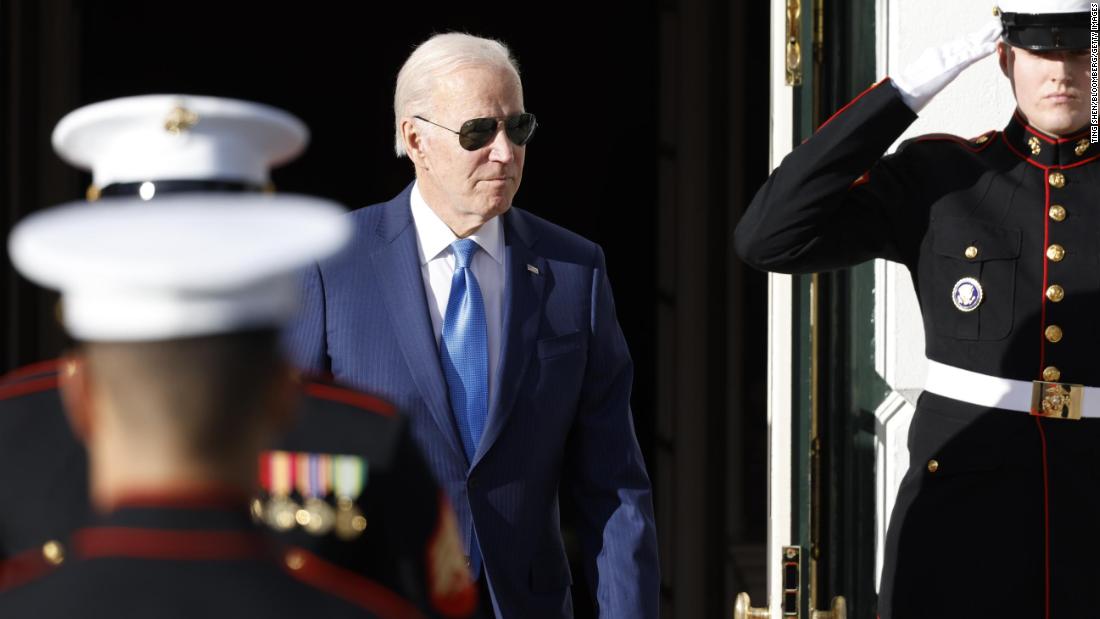Cops Lobby Against Efforts to Relax Gun Background Checks
As some states push to drop requirements for people to get background checks and training before carrying handguns in public, many police organizations have become alarmed. This is a “dangerous, dangerous bill,” said one senior law enforcement executive of a Louisiana measure.


High Schoolers at Alderdice High School in Pittsburgh, PA. protest school shootings. Photo by Mark Dixon via Flickr
Many police organizations are opposing the push to drop requirements for people to get background checks and training before carrying handguns in public, reports Capitol Hill Blue.
This push has put police officers at odds with Republican lawmakers who usually trumpet support for law enforcement.
In states like Texas, Tennessee and Louisiana, many officers are worried.
Fabian Blache Jr., executive director of the Louisiana Chiefs of Police Association says, “We feel it was just another opportunity to get our officers hurt. It was a danger to law enforcement.”
He was a part of a last-ditch public plea on July 8 by dozens of Louisiana law enforcement officers which helped to narrowly prevent a push to override the Democratic gov. Jon Bel Edwards’ veto of legislation dropping concealed-carry permit requirements.
“There is simply no-good reason why the State of Louisiana should provide for concealed carry of weapons for people that have no training on how to properly use a gun,” Edwards wrote in his veto message, says the Associated Press.
During this plea, many opponents of the bill believe removal could lead to more unnecessary shootings and deaths, with East Baton Rouge Parish Sheriff Sid Gautreaux, calling it a “dangerous, dangerous bill.”
Gun rights advocates are discounting the opposition.
In a July 8 statement, Dudley Brown, president of the National Association for Gun Rights, said, “To uphold and defend the Constitution of the United States, the Louisiana Legislature must overturn the governor’s veto and restore the God given rights of law-abiding gun owners,” says the Associative Press.
Alan Gottlieb with the Second Amendment Foundation argued that policing is already inherently dangerous and dropping permits won’t make a big dent but will enhance gun rights concerning Texas becoming the largest state to drop handgun licensing requirements this year, says Capitol Hill Blue.
“I shouldn’t need a permit to exercise my constitutional rights.”
Police concerns comes as gun violence is on the rise throughout the country and as law enforcement agencies struggle on how to manage this spike.
The rate of gun deaths in Louisiana increased 15 percent from 2010 to 2019, compared to a 17 percent increase nationwide, reports Everystat.org.
According to the Center for American Progress, Louisiana is among the deadliest states for gun violence as the state had the second highest rate of gun deaths in any state from 2008 to 2017.
Also, from 2008 through 2017, 22 police officers were feloniously killed with a firearm in the state.
Across the U.S., gun violence has worsened as gunfire killed more than 8,100 people within the first five months of 2021, reports a Washington Post analysis from the Gun Violence Archive, a nonprofit research organization.
As of Monday, the total number of gun violence deaths related to homicide was 12,308, reports the archive.
Blache says that through these attempts to drop required permits, not knowing who might be carrying a gun heightened the potential danger in any encounter. He also notes that less required training means there are more people who do not know who to properly handle weapons.
Blache also points out that in many other conservative-leaning states, police opposition didn’t stop laws dropping permit requirements.
Robert Spitzer, a professor at The State University of New York-Cortland and author of “The Politics of Gun Control,” has noticed this as well, saying police opposition hasn’t stopped a push to drop permitting requirements that’s passed in about 20 states.
While their position does carry authority, they don’t have the ad campaigns and lobbyist that overtly political interests often do, Spitzer says.
“Their voices and opinions have been known, but they haven’t been a real megaphone in public political terms because that puts them in a real bad spot. They’re public servants and their job is to enforce the law, no matter what the law is.”
Gabriela Felitto is a TCR Justice Reporting intern.

 Landwebs
Landwebs 
























